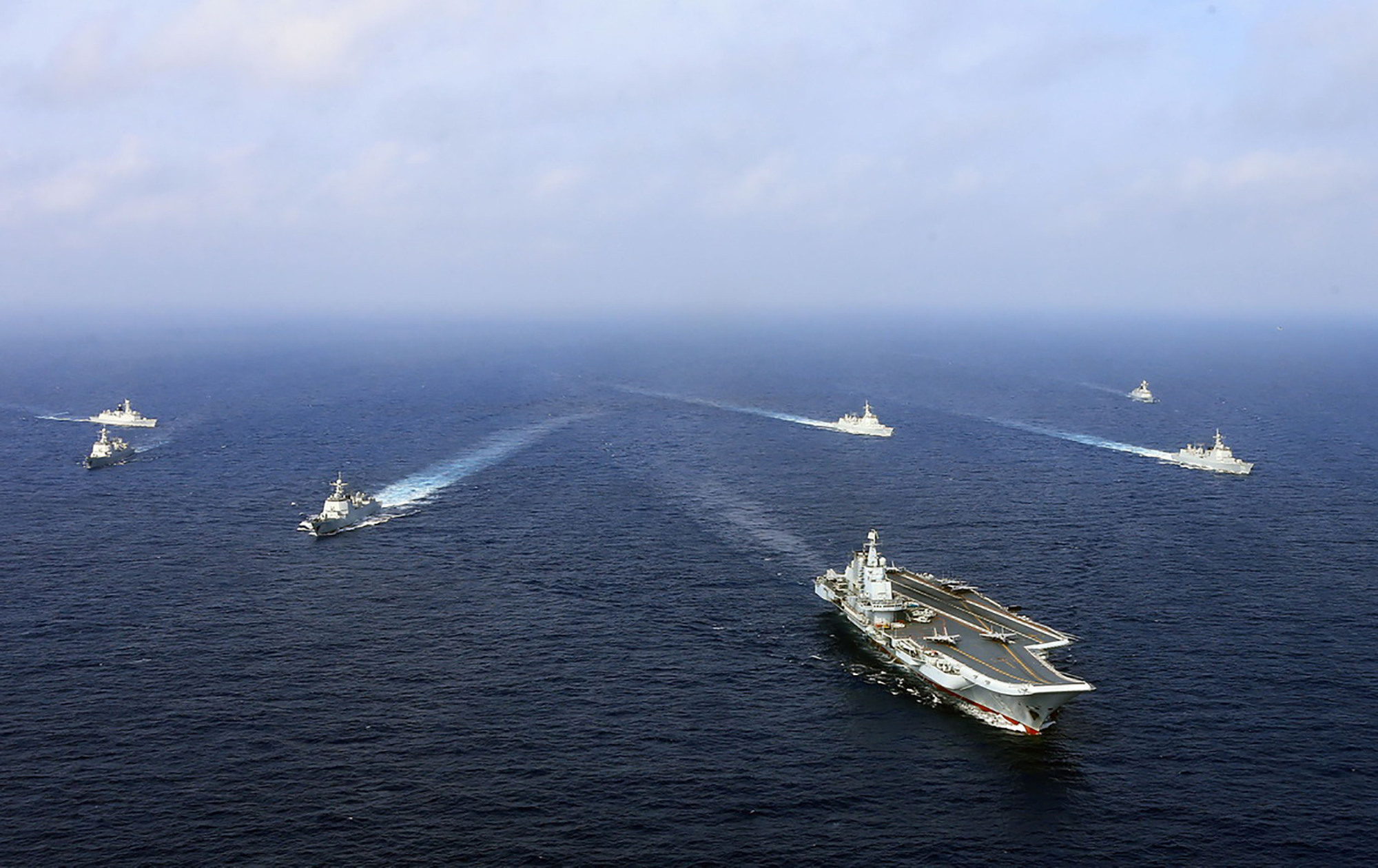Some might call this the age of anxiety or confusion, but more often than not the main characteristic of the current situation is the illusory quality of so many things.
Conflicts that occur not in the real world, but the virtual one. Leaders whose words, like those of U.S. President Donald Trump, seem to stray far from any empirical world where they can be proven right or wrong. Problems like climate change or economic transition that are so large and abstract they are hard to relate to daily life — except, of course, when natural or economic disasters strike, when things suddenly become all too real again.
In an age of illusion, China is among the chief sources of spectacle. What exactly does its power, and the power of its main leader, President Xi Jinping, consist of? What is real about what China's leaders are doing, beyond the clear impact it has on the thinking, and the fears, of a lot of the outside world? The recent case of the claimed construction of a Chinese military asset on Vanuatu in the Pacific is a good example. Nothing has happened, nothing has been said; there are simply a few clues (the construction of port infrastructure with Chinese money) and supposition added on top of that. But this has been enough to whip up a storm of uneasy commentary and political opposition in Australia, the closest major country to the island nation. If we are talking of psychological wars, China seems to be winning without doing much, in the real world at least.


















With your current subscription plan you can comment on stories. However, before writing your first comment, please create a display name in the Profile section of your subscriber account page.